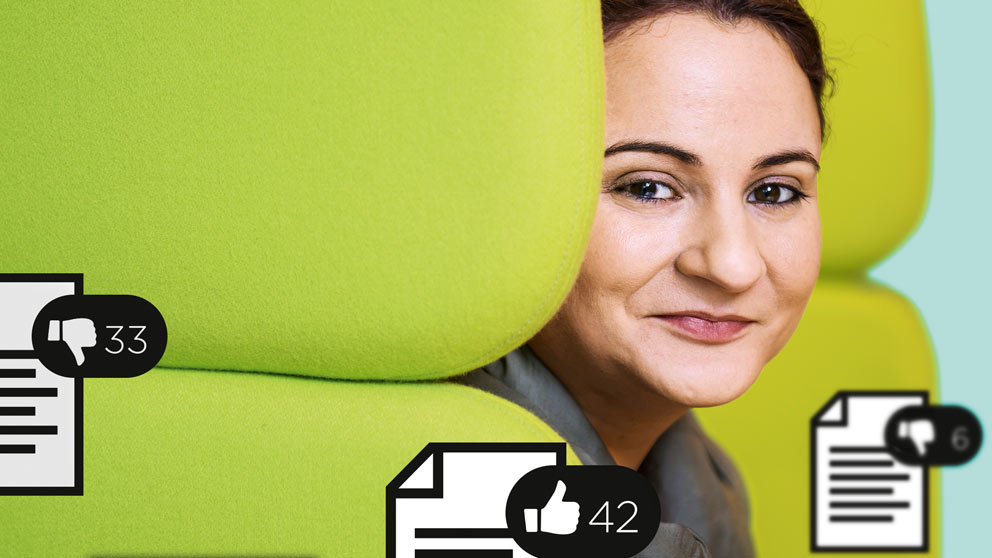Jump to the content
- {{#headlines}}
- {{title}} {{/headlines}}

Dr Hadas Shema of Bar-Ilan University in Ramat Gan, Israel, is a Humboldt Research Fellow at ZBW – Leibniz Information Centre for Economics in Kiel.

Sarkar’s is not an isolated case. Nowadays, academic journals withdraw articles 15 times more frequently than they did ten years ago. People have long been discussing alternative ways of assuring quality in addition to traditional methods such as peer review. Hadas Shema is a specialist in the role of social media. She evaluates the commentaries on online scientific posts, from blogs to science community networks like ResearchGate and PubPeer. She has ascertained that articles that are published and commented on on such social networks are corrected or even withdrawn particularly frequently. This does not surprise her. “There, thousands of colleagues can read the articles and they certainly discover more errors than the three or four peer reviewers who usually read them,” says Shema.
At present, however, she believes the potential social media offer is not being fully exploited. She argues for recognising online commentaries as a component of quality assurance: as the example of Fazlul Sarkar illustrates, flaws are often first noticed online.
